Use a full-stack approach to find your ideal software developers and engineers
Hiring the right technical talent is crucial for any company's success, making the technical interview process a pivotal step in finding the best candidates. However, conducting effective technical interviews can be challenging, especially in the fast-paced world of software development and engineering. In this post, we’re going to explore the best practices and strategies to master the technical interview process and identify the most skilled and suitable developers and engineers for your team.
- Understanding the Role and Technical Requirements: Before diving into the interview process, it's essential to have a clear understanding of the role you are hiring for and the specific technical skills and experience required. In this section, we will discuss how to create well-defined job descriptions and identify the core competencies that candidates should possess.
- Structuring the Technical Interview: A well-structured interview is key to effectively assessing candidates. This section will cover various formats for technical interviews, such as coding exercises, system design questions, and algorithm challenges. We will explore the pros and cons of each approach and how to strike a balance between theoretical knowledge and real-world problem-solving skills.
- Creating Realistic Coding Challenges: Coding challenges are a popular method for evaluating a candidate's coding abilities. Here, we will discuss how to design meaningful and realistic coding exercises that mimic real-world scenarios, allowing candidates to demonstrate their problem-solving skills and coding proficiency effectively.
- Evaluating Problem-Solving Skills: Technical interviews go beyond checking coding skills; they also assess a candidate's problem-solving approach. This section will delve into different problem-solving techniques, how to evaluate candidates' analytical abilities, and how to gauge their creativity in finding optimal solutions.
- Assessing Communication and Collaboration: Technical roles often involve working in a team, making communication and collaboration skills crucial. We will explore ways to assess a candidate's ability to communicate complex technical concepts and work effectively with other team members.
- The Role of Behavioral Questions: Incorporating behavioral questions in technical interviews can provide insights into a candidate's work ethic, motivation, and fit within the company culture. We will discuss the importance of behavioral questions and provide examples of relevant questions to ask.
- Avoiding Bias in Technical Interviews: Unconscious bias can affect the interview process and lead to unfair hiring decisions. In this section, we will explore ways to mitigate bias during technical interviews and promote a diverse and inclusive hiring environment.
- Providing Constructive Feedback: After conducting technical interviews, providing constructive feedback to candidates is crucial for a positive candidate experience. We will discuss the best practices for delivering feedback in a respectful and helpful manner.
Mastering the technical interview process is a continuous learning journey. By following these best practices and strategies, companies can enhance their ability to identify top-tier developer and engineer candidates, fostering a talented and efficient technical team. A well-executed technical interview process can lead to hiring candidates who drive innovation, solve complex problems, and contribute significantly to the company's success.





